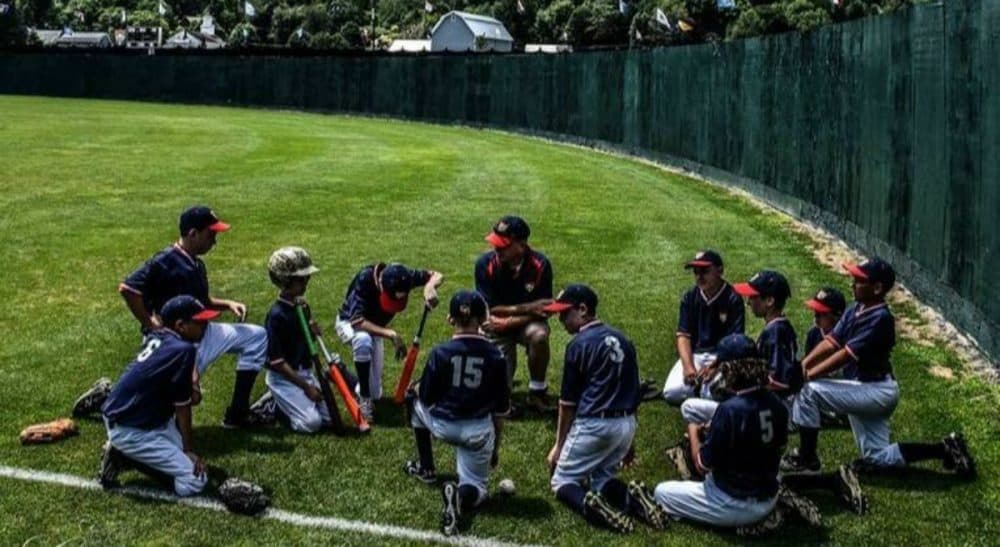
They came in 104th out of 104 teams. And they won big
Even in July, the nights in Milford, New York, a small town at the base of the Adirondacks, are humid and cool. I know this because, in the middle of two of such nights last summer, I sat on a picnic table outside a small cabin there and wondered if I’d killed baseball for the dozen boys peacefully sleeping inside.
Milford is mere miles from baseball’s spiritual home and our destination, Cooperstown. We’d come there with 103 other teams from across the country for a week-long tournament, and I’d led our team to 104th place.
There is, as I came to learn, a subculture of ultra-competitive 12- and 13-year-old baseball in which the boys have the bodies of college players and the skills to match. They play on larger fields than Little League and travel the country and the world because that’s the only way they can find teams good enough to play them.
They also come to Cooperstown Dreams Park, where the waters are chummed with 22 beautiful baseball diamonds, and where elite baseball programs circle like Great Whites.
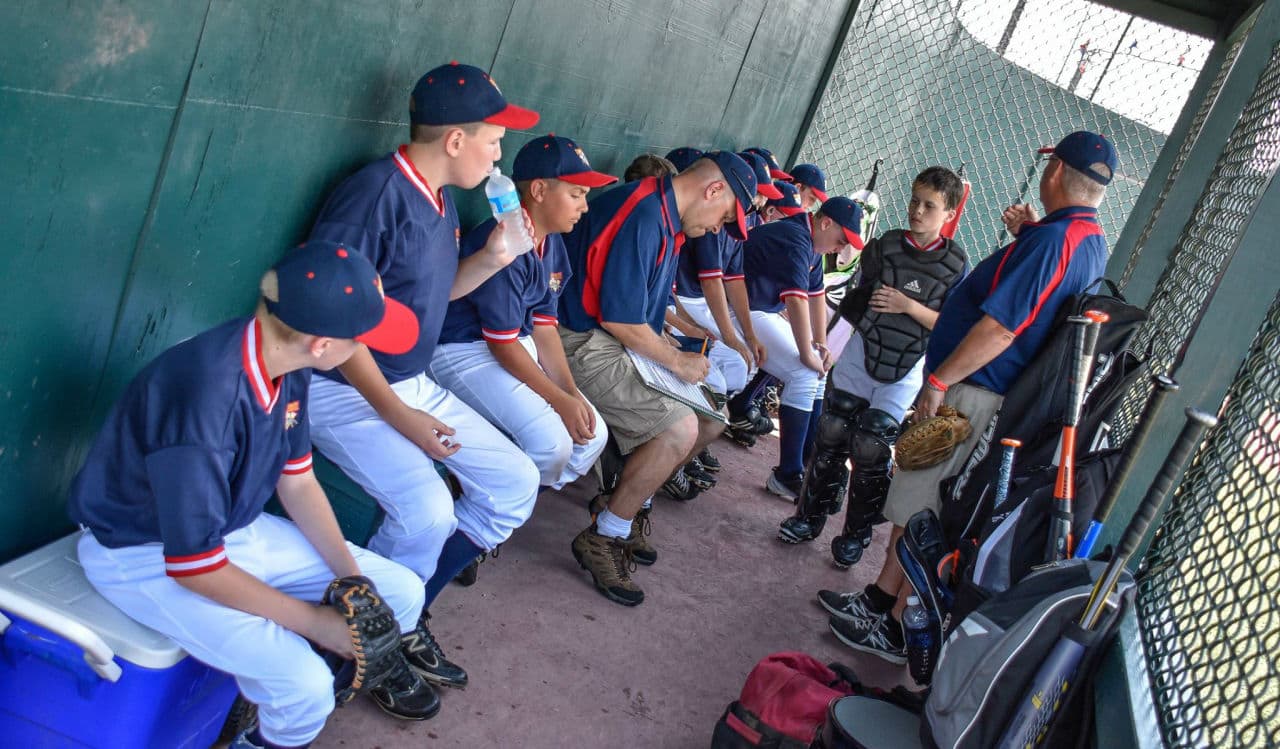
I sensed trouble the first day, in a post-lunch conversation with a coach from a Pennsylvania club, the tournament’s eventual champion.
“We’re built to win,” he said, as we stood near the immense cafeteria tent, where orbiting seagulls drifted in from the Hudson River far to the east. “We can’t play in tournaments near us. Whenever we register, everyone else drops out.”
His team’s players hit line drives off the wooden walls of the Dreams Park outfields so hard they resounded like rifle shots.
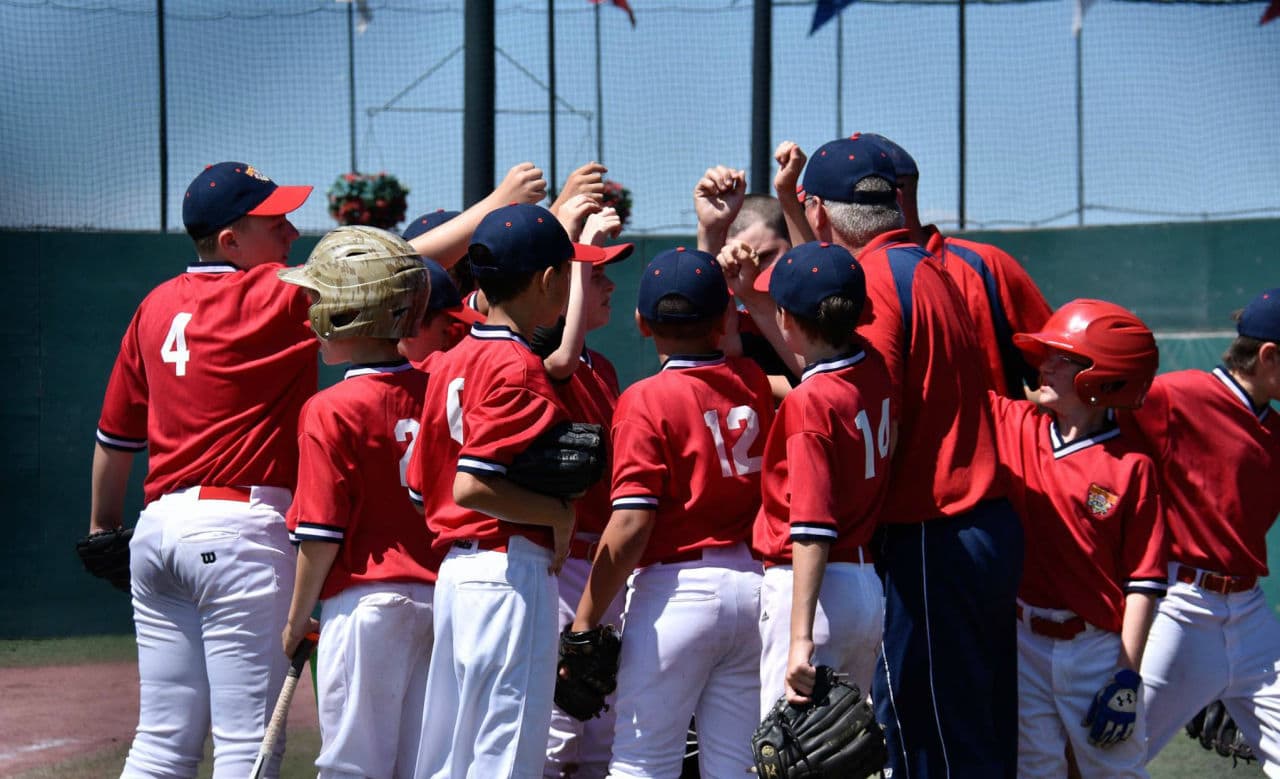
Silence meant one of their players had crushed another 350-foot home run, known in Dreams Park parlance as a “dinger.”
The culture of the dinger looms large at the tournament, which probably explains the presence of oversize bats and short outfield fences.
We weren’t immune.
One of the best memories of the week for our team was the sole contribution we made to the hysteria, during the last inning of our last game.
I sat on a picnic table outside a small cabin... and wondered if I’d killed baseball for the dozen boys peacefully sleeping inside.
After a week of profound losing, Devin’s ball soared over the centerfield wall and the rest of the boys surrounded home and fell over like bowling pins when he touched the plate.
During the week, we asked the boys to ignore the scoreboard, to play for each other and their families in the stands, to give everything they had simply because it was the right thing to do.
We told them that there would be plenty of winning in each of their lives, that character is revealed when times are tough, and that we were proud of them.
What we were really saying was, we’re sorry we let you down.
But the boys responded. No hung heads or thrown gloves.
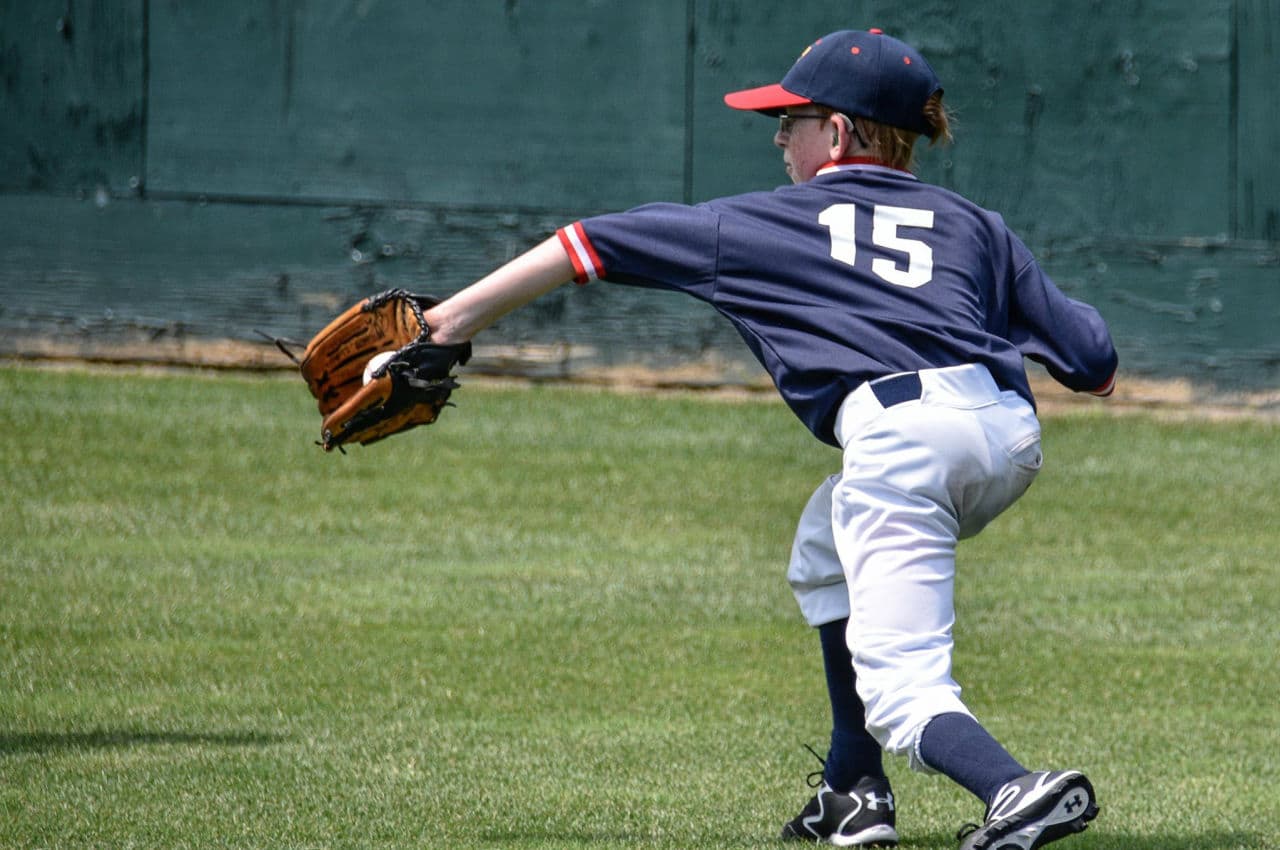
We celebrated hits and the occasional run with exuberance, and we looked ahead, always ahead, to the next game, where the score would be 0-0, at least for a bit, and you never knew what might happen.
Other teams noticed.
During our sole playoff game, several teams came to cheer us, then formed a gauntlet to applaud the boys as they left the field after our loss.
When one of those teams, St. Joe’s Fury from Joliet, Illinois, was eliminated from the tournament, they came to our cabin directly from the field and invited our boys to have pizza with them.
One night near the end of the week, when my boys were long since out of contention, I stood in the third base viewing area watching as a 12-year-old with Bryce Harper’s hulking build and Ricky Henderson’s speed took off for home on a passed ball. In one motion, he slid across home plate, popped to his feet, spun in midair and trotted back to the dugout.
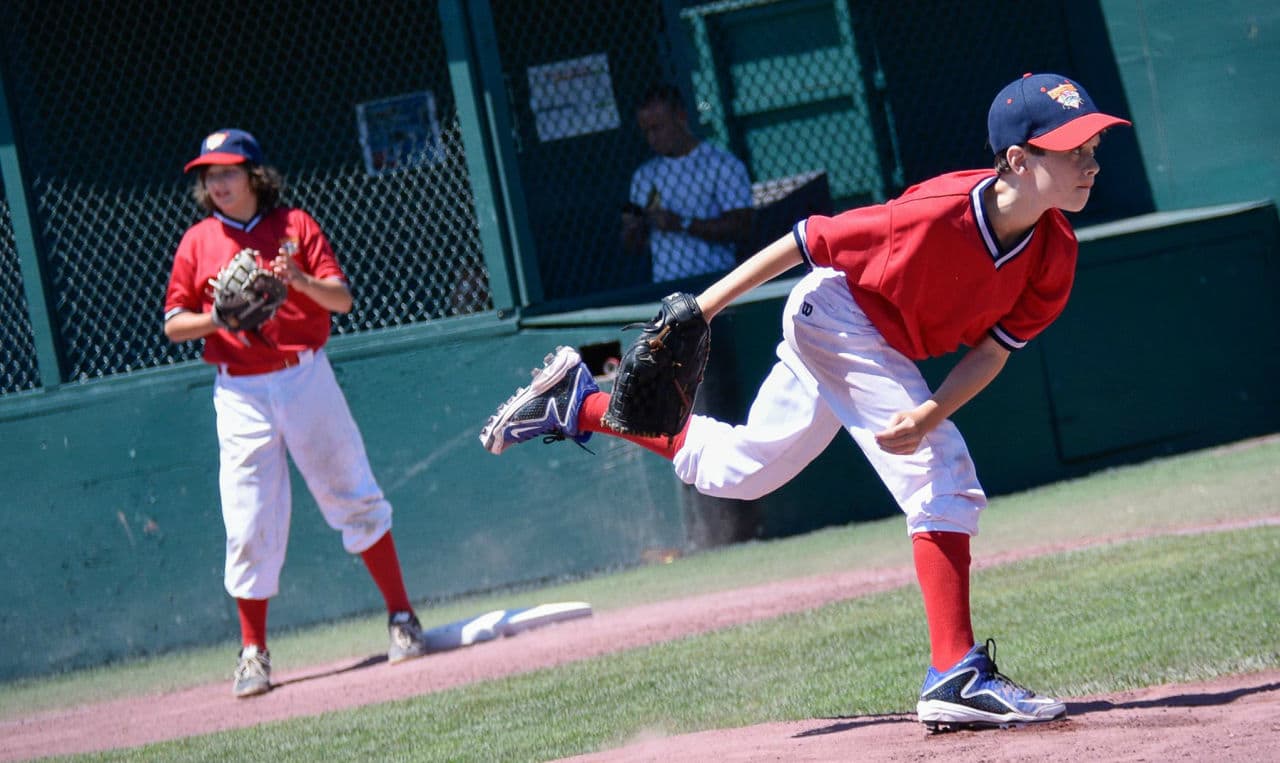
It was a perfect expression of power, speed and grace executed by a young man clearly born to play the game with a skill most of us will never possess.
Beyond the right field wall, on a small bluff beyond a row of flags that fluttered in a light breeze, was a small field bathed in the sun’s waning orange light.
There they were -- my boys. They played Wiffle ball, wheeling and spinning around each other like seagulls, in and out of the shadows and bright light, their laughter clear from a hundred yards away.
And there they were — my boys. They played Wiffle ball, wheeling and spinning around each other like seagulls, in and out of the shadows and bright light, their laughter clear from a hundred yards away.
Maybe they came in last, but they belonged here, too.
That’s why I find I still can’t talk about my boys without getting a hitch in my throat.
Watch enough ESPN and you’ll be convinced that the only thing that matters is the spectacular play or the big win.
But in the hills outside of Cooperstown this past July, 11 boys reminded me that there is still joy to be had in picking up the lance and jousting at windmills. There’s more than one way to be built to win.
